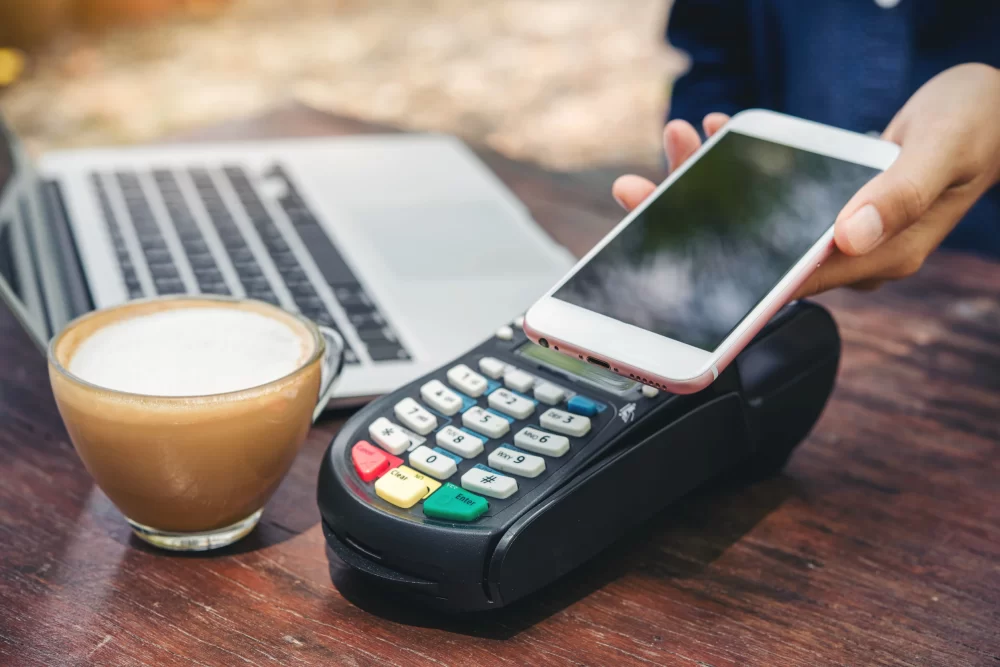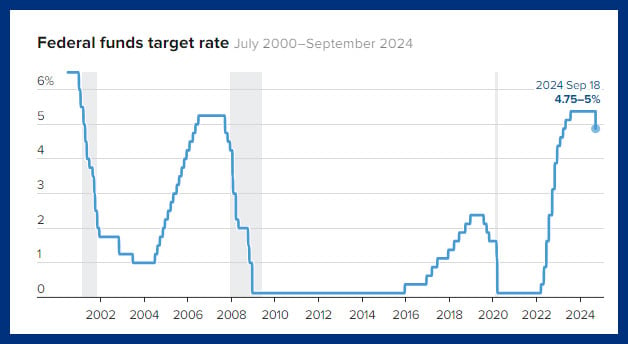
Ever found yourself staring down a tip screen at your local coffee spot, halfway through typing your PIN, when it boldly asks for a 20% gratuity? Yep, we’ve all been there. These digital tip requests are popping up everywhere, turning the once-simple act of tipping into a high-tech guilt trip.
But should you really be tipping just because a screen winks an eye at you? Let’s dive into why you might want to hold onto your coins, at least until you’ve had a chance to sip that latte and decide if it’s worth the extra change.
1. Presumption of Service Quality

The fundamental premise of tipping is to reward good service. However, tip screens can sometimes prompt you for a tip even before service has commenced. This premature request removes the traditional purpose of tipping as a direct response to service quality. Customers should feel entitled to assess the service before deciding whether a tip is warranted, ensuring that their gratuity reflects their actual experience.
Tip screens set up expectations for a tip as part of the transaction, regardless of the service outcome. This can lead to a disconnect between the quality of service provided and the gratuity given, potentially rewarding mediocre service.
2. Financial Pressure on Consumers

Tip requests on digital screens can often suggest high percentages, creating an awkward situation for customers who might not usually tip that amount. This can especially impact budget-conscious individuals who find themselves pressured to conform to these preset standards, despite their financial comfort.
Moreover, the ubiquity of electronic tipping options in places previously not accustomed to tips adds an unexpected strain on consumers’ wallets. It’s essential for customers to consider their own financial boundaries when faced with these omnipresent tipping prompts.
3. Impact on Worker Wages

The growing reliance on tips can lead to businesses underpaying their staff, with the expectation that tips will make up the difference in wage. This not only places an unfair burden on the consumer to supplement worker income but also creates inconsistency and financial instability for the employees.
When businesses anticipate that tips will compensate for low wages, it undermines the responsibility of employers to pay their workers adequately. Consumers pushing back against automatic tipping can highlight the need for businesses to reassess their wage policies.
4. Loss of Tipping Meaning

Tipping should be a meaningful gesture—a token of appreciation for service that went above and beyond. When tipping becomes automated or expected regardless of service quality, it loses its significance. Customers should reserve tips as a special thank you, not a compulsory add-on to their bill.
Automated tipping can diminish the personal connection typically associated with leaving a gratuity. By choosing when and how much to tip, customers can ensure that their tips retain their intended significance.
5. Encourages Passive Consumerism

Automatically tipping because a machine suggests it promotes a passive consumer approach, where individuals stop evaluating service quality and the value they receive. It’s important for consumers to stay active in their consumption choices, consciously deciding where their money goes.
By actively choosing to tip only when warranted, consumers reinforce the importance of quality service and hold businesses accountable for the standards they deliver.
6. Alters the Service Experience

The presence of a tipping screen can sometimes alter the interaction between service providers and customers. Knowing a tip is expected might lead some employees to focus more on securing tips rather than genuinely engaging with customers and ensuring their satisfaction.
Service should be driven by the desire to provide a great experience, not by the anticipation of a tip. When tipping feels mandatory, it can change the dynamics of customer service, often not for the better.
7. Reduced Trust in Service Transactions

When consumers feel pressured to tip, it can reduce trust in the service transaction. This can lead to skepticism about the motivations behind service interactions and whether actions are genuine or simply a means to secure a tip.
Building trust is essential in any service industry. Employers should encourage genuine interactions that foster trust, rather than obligating a gratuity that may not be deserved.
8. Inequality in Tipping Expectations

Not all consumers are aware of the changing dynamics in tipping culture, leading to disparities in how different demographics respond to tipping screens. This can create an uneven playing field where some customers feel more burdened by these expectations than others.
Understanding the diverse reactions to tipping prompts can help businesses tailor their practices to be more inclusive and considerate of all customers.
9. Impact on Customer Loyalty

Customers who feel coerced into tipping may be less likely to return to a business, affecting long-term customer loyalty. A business model that respects consumer choice and rewards genuine quality service is more likely to retain customers.
Businesses should strive to create a loyalty-building experience that values customer satisfaction over obligatory tipping, ensuring repeat business and positive word-of-mouth.
10. The Digital Disconnection

As digital interactions increase, there is a risk of losing the human element in service industries. The impersonal nature of a tipping screen can detract from the personal appreciation expressed through tipping.
Encouraging face-to-face interactions and personal acknowledgments can help maintain the human connection that is crucial in many service experiences, making each tip feel more personal and heartfelt.
Why You Might Choose Not to Follow the Tip Screen Prompt

Choosing when and how much to tip should be a reflection of your personal satisfaction with the service provided, not just a response to a programmed request. By being mindful of when you tip, you assert control over your consumer experience and encourage businesses to uphold high standards of service and fair wage practices.
If you found this discussion helpful or have thoughts to share about your experiences with digital tipping, feel free to leave a comment below. Let’s keep the conversation going and consider how our tipping choices affect the broader service landscape.
Tamila McDonald is a U.S. Army veteran with 20 years of service, including five years as a military financial advisor. After retiring from the Army, she spent eight years as an AFCPE-certified personal financial advisor for wounded warriors and their families. Now she writes about personal finance and benefits programs for numerous financial websites.



